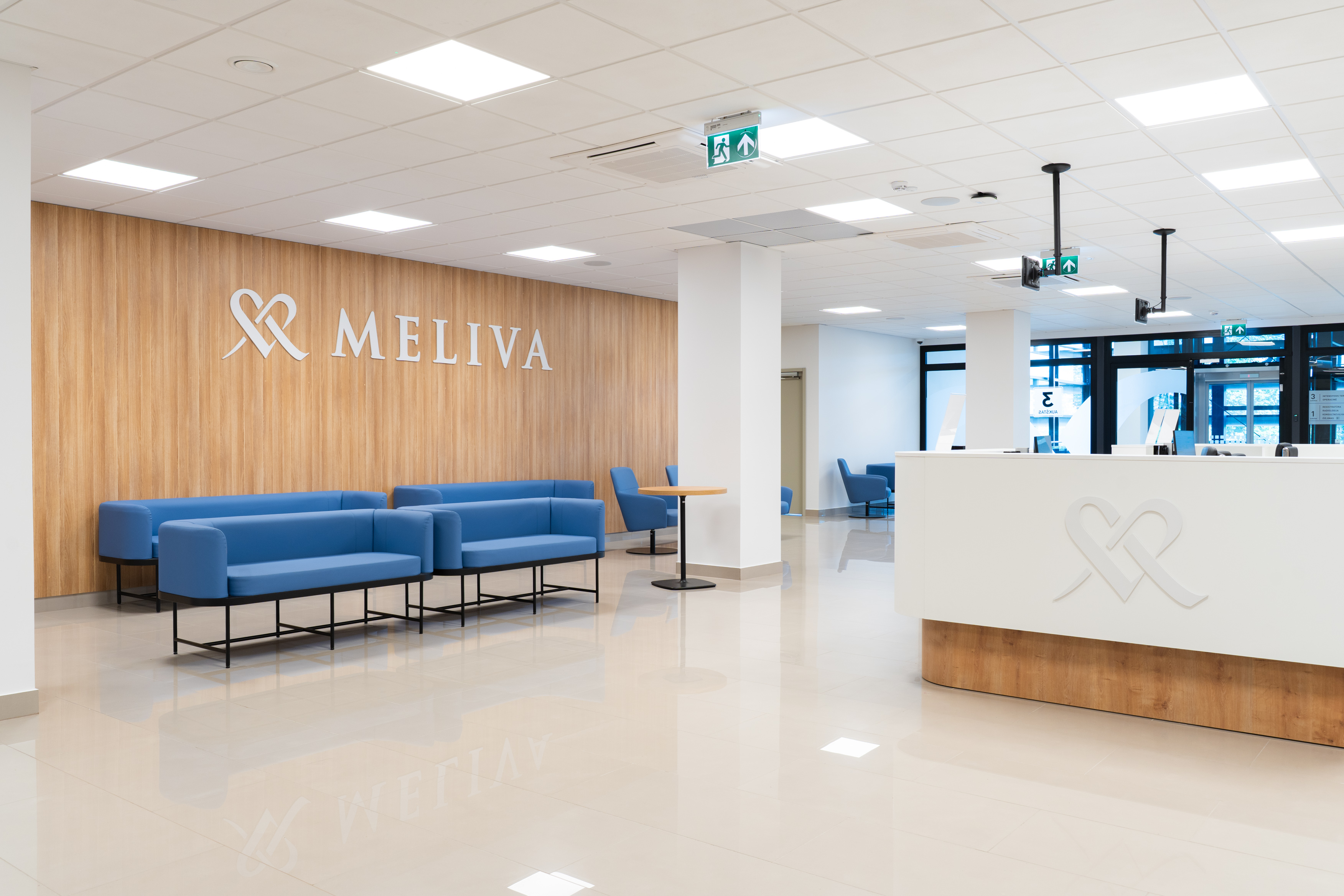Discectomy
Hospitals

Meliva Kardiolita Hospital Vilnius
Location: Vilnius, Lithuania
Treatment Package Prices from £6,730

Monza Hospital
Location: Bucharest, Romania
Treatment Package Prices from £6,937

Saint James Hospital
Location: Sliema, Sliema
Treatment Package Prices from £11,069
Relieving pain from herniated discs
A discectomy is a type of surgery performed to relieve pain caused by a damaged or herniated disc in the spine. Discs act as soft cushions between the vertebral bones of your spine, and when one becomes damaged, it can press on nearby nerves, leading to pain, numbness, or weakness, often felt in the back or legs.
During a discectomy, the surgeon removes the damaged portion of the disc to relieve pressure on the affected nerves. This procedure can significantly reduce pain and improve mobility. It is typically performed through a small incision in the back, allowing for a less invasive approach. Many patients are able to go home the same day as the surgery.
Recovery after a discectomy usually involves rest, followed by physical therapy to regain strength and enhance mobility.
Who is a Candidate?
Patients with a herniated or prolapsed intervertebral disc causing nerve compression.
Symptoms include:
- Sciatica (leg pain radiating from the back).
- Numbness, tingling, or weakness in the affected limb.
- Pain not responding to conservative treatment (physiotherapy, medications, epidural injections) after 6–12 weeks.
Candidates must have imaging-confirmed disc pathology correlating with symptoms.
Recovery Timeline
May vary with provider
- Hospital stay: Often day surgery or 1-night stay
- Early recovery: Walking encouraged on the same day or next day; gradual return to light activities
- Rehabilitation: Physiotherapy for core and back strengthening usually begins within 1–2 weeks
- Return to work: 2–6 weeks for desk jobs; longer for manual labor (~6–12 weeks)
- Full recovery: Most patients improve within 6–12 weeks, but some may have residual symptoms.
Benefits
- Rapid relief of leg pain (sciatica) in most patients
- Minimally invasive compared to open spine surgery
- Shorter hospital stay and quicker return to activities than more extensive spine surgeries
- Improves mobility and quality of life when conservative management fails.
Risks
- Infection, bleeding or blood clots
- Nerve injury or persistent nerve symptoms
- Recurrence of disc herniation (~5–10%)
- Spinal instability (rare).
This is just an outline. Your specialist orthopaedic surgeon will be able to talk to you about these issues in more detail and make sure that there is informed consent.
Discectomy is highly effective for leg pain caused by disc herniation, but does not cure underlying degenerative disc disease, so some patients may continue to have mild back pain long-term.
Pricing
Discectomy treatment
package prices from:
£6,730
Find a treatment package at a hospital of your choice in the EU.